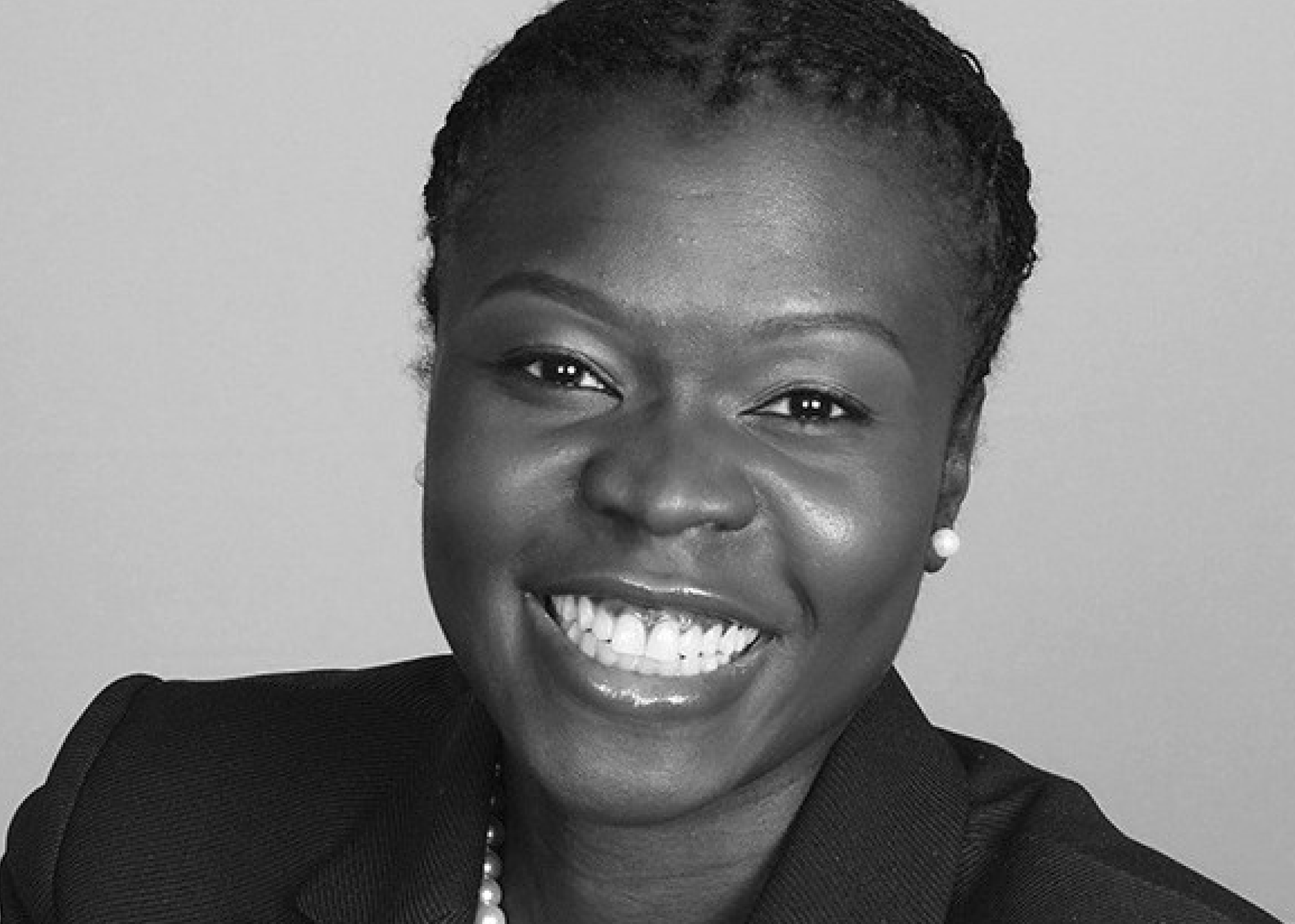I am an accidental hero. Not because I am a doctor, but because I made a choice years ago that has saved lives.
It began with a clinical trial ad that I saw on a bulletin board at the National Institutes of Health (NIH). Like many young people working in labs there, I needed to make extra money and, honestly, that’s all I thought I was doing. Responding to that ad began my journey into the world of clinical research.
There are far too few people like me taking part: people of color and members of minority communities are woefully underrepresented.
My first study required spending two hours in an MRI machine watching videos. There were some funny ones and others that were scary. As I watched them, researchers scanned me in order to determine which parts of my brain were most active when I expressed the different emotions the videos invoked.
It’s important to remember not only the value of human clinical research, but also the serious challenges it has faced. Some of them are still with us at a time when we need new heroes.
The Belmont Report is the culmination of more than four years of research by the National Commission for the Protection of Human Subjects of Biomedical and Behavioral Research. The commission was formed in part due to the results of the Tuskegee experiment, the infamous and cruel syphilis experiment performed, without consent, on African American men in the South. The Belmont Report changed how human research would be performed by establishing three ethical principles:
Respect for Persons – Acknowledging autonomy and protecting those with diminished autonomy.
Beneficence – Do no harm; maximize possible benefits and minimize possible harms.
Justice – Fair treatment and distribution of benefits.
It’s no secret that there is a troubling lack of diversity among clinical trial participants. There are far too few people like me taking part: people of color and members of minority communities are woefully underrepresented.
How can we achieve this third principle of justice outlined in the Belmont Report and ensure that everyone shares the benefits of research? The answer is to actively encourage more participation in trials by minorities, particularly women, with the research community. It’s also important for allies to reach out to these groups to let them know how their participation in such investigations could contribute to efforts to fight against the diseases affecting their communities.
I was fortunate: working in a research laboratory setting, my opportunity to become a hero was right in front of me on that bulletin board. But we can’t rely on such happy accidents to bring the diverse participation science and society need. When people in every community understand what an extraordinary gift they can make to society by enrolling in trials – and when we make it possible for them to choose to become the new heroes — we will meet that third goal of justice and ensure human clinical trials benefit everyone.
You Might Also Like:

Is Clinical Research for Your Skin Condition Right for You?
When it comes to our skin, we often focus on daily routines and readily available treatments. But have you ever considered if participating in clinical research could be a valuable step in your skin health journey? Learn more.










